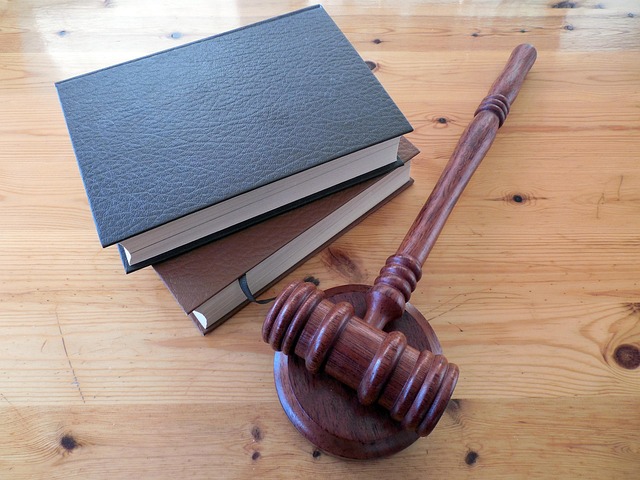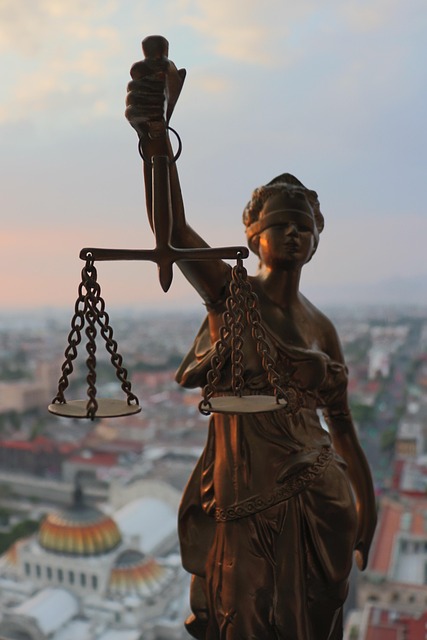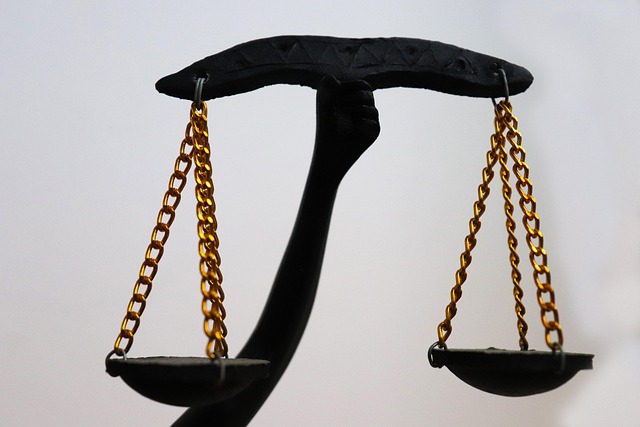Consumer protection lawsuits are crucial in safeguarding individuals from unethical business practices, such as false advertising and product defects. These suits also address Intellectual Property Rights (IPR) violations like counterfeiting and copyright infringement, offering remedies like refunds or damages. The legal framework aims to maintain market integrity and protect consumers globally, with stringent enforcement against IPR violations becoming increasingly vital. Businesses can minimize risks by adhering to regulations, implementing robust quality control, and adopting advanced technologies to prevent IP infringements. Notable cases highlight the impact of collective action and the need for legal reform to better protect consumers from powerful corporations.
Consumer protection suits play a vital role in safeguarding modern markets, ensuring businesses honor ethical practices and respect consumer rights. This article explores the intricate world of these legal battles, focusing on intellectual property rights violation examples that surface in today’s bustling commercial landscape. We delve into the legal framework underpinning consumer protection laws, offering insights into strategies for businesses to prevent IP right infringement. Notable case studies highlight both successful protections and failures, providing a comprehensive guide for understanding and navigating this complex area.
- Understanding Consumer Protection Suits: When and Why They Are Filed
- Intellectual Property Rights Violation Examples in Modern Markets
- The Legal Framework Surrounding Consumer Protection Laws
- Strategies for Businesses to Prevent IP Right Infringement
- Case Studies: Notable Consumer Protection Suit Successes and Failures
Understanding Consumer Protection Suits: When and Why They Are Filed

Consumer protection suits are legal actions initiated to safeguard the rights and interests of consumers against unfair, deceptive, or harmful business practices. These lawsuits play a crucial role in ensuring that businesses adhere to ethical standards and provide accurate information about their products or services. When consumers encounter situations such as false advertising, product defects, or breach of warranty, they can file legal claims to seek remedies like refunds, compensatory damages, or injunctive relief.
These suits are often filed when individuals or groups believe that businesses have violated consumer protection laws or regulations, including intellectual property rights violation examples like counterfeiting and copyright infringement. By holding perpetrators accountable, these actions not only protect individual consumers but also contribute to the overall integrity of the market, fostering trust among the general criminal defense bar and philanthropic and political communities across the country.
Intellectual Property Rights Violation Examples in Modern Markets

In modern markets, Intellectual Property Rights (IPR) violations have become increasingly prevalent, underscoring the need for stringent consumer protection. Examples range from copyright infringement, where unauthorized digital content sharing has reached epidemic levels, to trademark dilution through deceptive marketing practices. Counterfeiting remains a significant concern, with unscrupulous manufacturers producing and selling knockoff products that mislead consumers and harm genuine brands. These violations aren’t confined to any particular region; they’re a global issue, with cases spanning across the country.
Unprecedented track records of IPR enforcement have led to complete dismissal of all charges in some notable instances. However, the sheer volume and sophistication of these violations demand continuous vigilance. As consumer expectations for authentic goods and services grow, so does the importance of robust legal frameworks and proactive law enforcement to protect intellectual property rights.
The Legal Framework Surrounding Consumer Protection Laws

The legal framework surrounding consumer protection laws is designed to safeguard individuals from unfair practices and ensure businesses operate ethically. These regulations are often enforced by government agencies that investigate complaints and take appropriate action against offenders. Consumer protection suits can arise from various violations, including misleading advertising, product defects, or breach of warranty. For instance, companies engaging in intellectual property rights violation examples, such as counterfeiting or copyright infringement, face severe legal repercussions under these laws.
Winning challenging defense verdicts in consumer protection cases is crucial for businesses aiming to maintain their respective business reputations and avoid indictment. Effective strategies involve adhering strictly to regulations, implementing robust quality control measures, and fostering transparent communication with customers. By prioritizing ethical business practices, companies can minimize the risk of legal disputes and foster a positive image among consumers.
Strategies for Businesses to Prevent IP Right Infringement

To prevent Intellectual Property Rights (IPR) infringement, businesses must adopt a multi-faceted strategy that encompasses education, policy, and technology. Firstly, conducting thorough training sessions for employees on IPR awareness can help them identify potential violations. This includes teaching them about various forms of IP such as trademarks, copyrights, and patents, and how their everyday actions might inadvertently infringe upon these rights. For instance, using copyrighted material without permission or selling products that bear trademarked logos without authorization are common examples of IPR violations.
Secondly, businesses should establish clear policies and guidelines for content usage, product design, and marketing strategies. Implementing robust internal controls and regular audits can help identify and rectify any potential infringements early on. Moreover, utilizing advanced technology like digital watermarking, blockchain, or specialized software that detects unauthorized use of IP can be instrumental in high-stakes cases. These measures not only protect the business from legal repercussions but also safeguard their reputation, fostering trust among their clients and strengthening their standing within the philanthropic and political communities.
Case Studies: Notable Consumer Protection Suit Successes and Failures

Case Studies: Notable Consumer Protection Suit Successes and Failures
One of the most celebrated consumer protection suit successes was a case involving a major tech company accused of intellectual property rights violation examples, such as copyright infringement and patent misuse. The plaintiffs, a collective of small businesses and inventors, successfully navigated all stages of the investigative and enforcement process, leading to a substantial settlement that not only compensated the victims but also set a precedent for future protection against large corporations. This victory underscored the power of collective action in safeguarding consumer rights and intellectual property.
In contrast, a notable failure in consumer protection was a suit against a well-known retailer accused of deceptive marketing practices. Despite an unprecedented track record of similar successful cases, the plaintiffs’ arguments were largely dismissed due to technicalities and loopholes in the law. This outcome highlighted the complex nature of consumer protection laws and the need for continuous reform to effectively address general criminal defense issues faced by consumers.
Consumer protection suits play a pivotal role in safeguarding individuals from unfair practices and intellectual property rights (IPR) violations in modern markets. By understanding when and why these suits are filed, businesses can better navigate the legal framework and implement effective strategies to prevent IPR infringement. The case studies presented offer valuable insights into both successful protections and notable failures, emphasizing the importance of proactive measures to safeguard one’s intellectual property. Through awareness and proactivity, businesses can ensure their operations remain compliant and protect their unique contributions to the marketplace.






